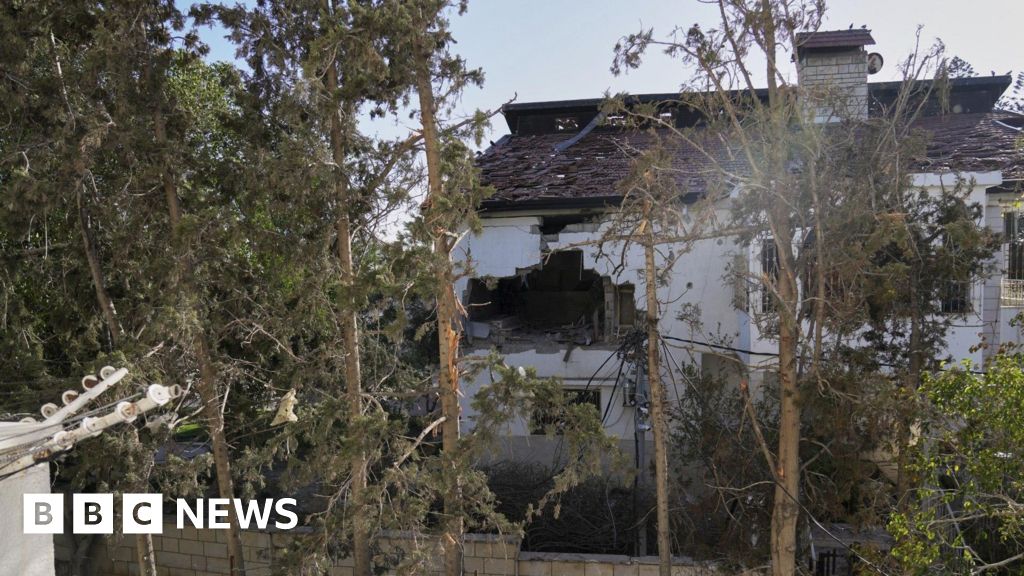The Semanggi overpass in Jakarta, Indonesia.
Fadil Aziz | The Image Bank | Getty Images
U.S. President Donald Trump’s tariffs have pushed countries to look for ways to improve their trade balance with the U.S. and negotiate the extent of duties levied on their imports.
Indonesia’s plan now is to “narrow,” or even eliminate its trade surplus with the U.S., the country’s finance minister Sri Mulyani Indrawati told CNBC on the sidelines of the IMF-World Bank Spring Meetings.
This comes after the country was hit with a 32% levy on exports to the U.S. by President Donald Trump on April 2. He has since lowered the duty to 10% as part of his 90-day pause on tariffs imposed on some countries and goods.
Indrawati noted that the resource-rich country has been perceived to be preventing trade via “non-tariff barriers” such as its administrative processes, customs processes on imported goods and taxation procedures.
Indonesia is now looking to import more agricultural products such as wheat, soybeans and corn from the U.S, she said.
“We import not only from the United States but many others … we can always discuss about how we can narrow and put the United States in a better advantage of providing those kinds of agriculture products,” she noted.
Indonesia could potentially also import oil and gas – especially liquid gas from the U.S. – as its domestic production is insufficient for its energy needs, the finance minister said.
Her comments come as Indonesia’s trade surplus with the U.S. stood at $4.3 billion between January to March 2025 – up from $3.61 billion in the same period the year before. The superpower was the biggest contributor to the Southeast Asian country’s overall trade surplus of $10.92 billion in the first quarter.
However, Indrawati noted that trade to the U.S. accounts for less than 2% of the country’s gross domestic product.
“So, it’s not really that big,” given that total exports accounts for 20% of Indonesia’s GDP, she added.
Still, Indrawati said that the impact of Trump’s tariffs could potentially be felt in other ways as countries look to diversify their exports from the U.S.

Maintaining rupiah exchange rate stability
Bank Indonesia held its policy rates for its third consecutive review on Wednesday, in a bid to maintain the exchange rate stability of the Indonesian rupiah against the uncertain macroeconomic outlook.
The central bank kept its benchmark 7-day reverse repurchase rate – which is also known as BI Rate -unchanged at 5.75%, as expected all but two of 26 economists polled by Reuters. It also kept its two other policy rates steady.
The move comes as the Indonesian rupiah hit a record low while the Jakarta Composite index plunged earlier in the month as capital flowed out after the U.S. imposed “reciprocal tariffs” on countries including Indonesia.
The decision serves to safeguard the rupiah’s stability as the central bank continues to assess future room for a cut, taking into account the country’s inflation rate and growth prospects, Governor Perry Warjiyo said.
“Our short term priority is exchange rate stability. Once stability is maintained, the room for a rate cut will be more open and that would be the time to decide on future interest rate policy,” he added.
The rupiah weakened 0.12% against the dollar to 16,800 on Thursday, a day after BI’s rate decision.



Leave a Comment